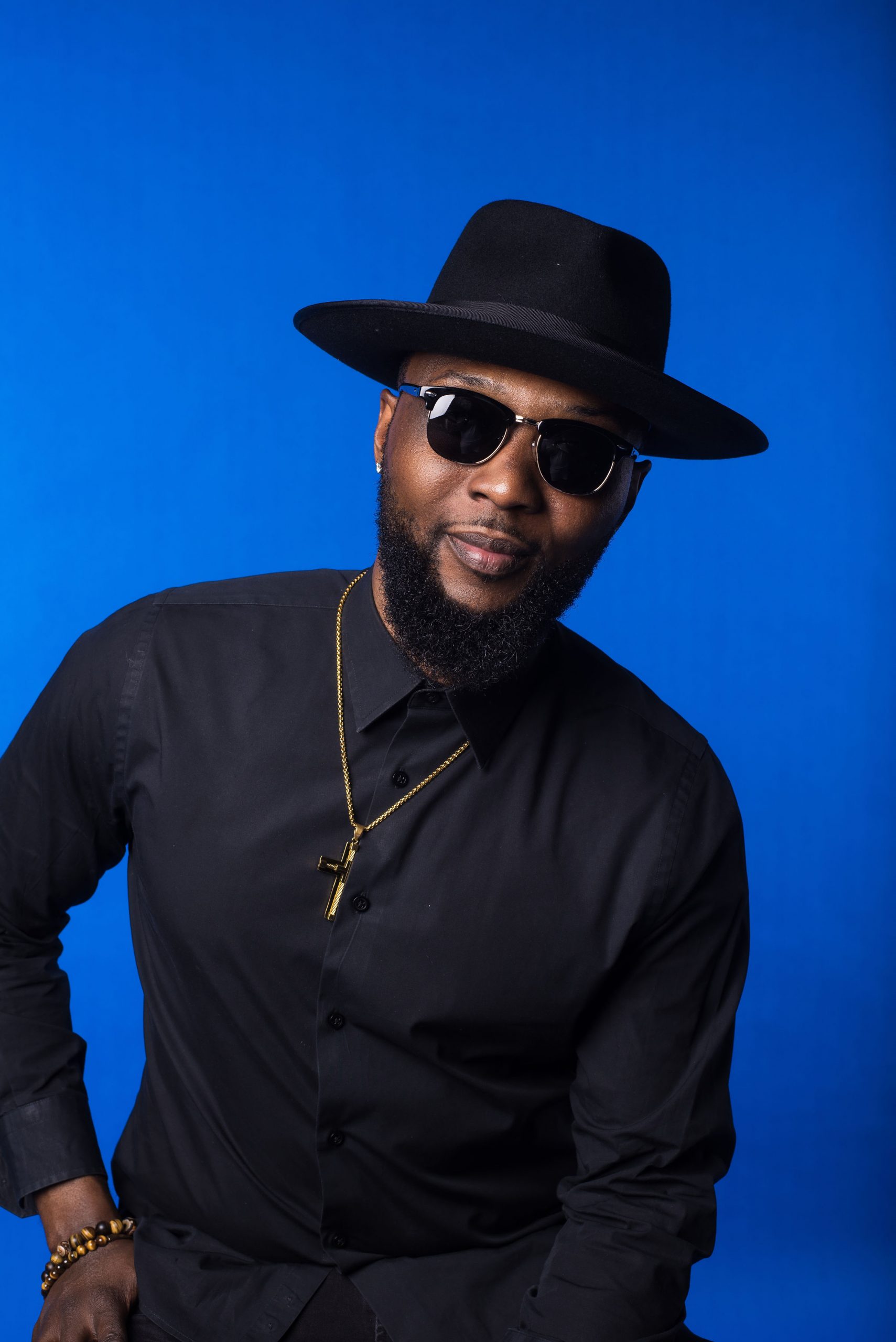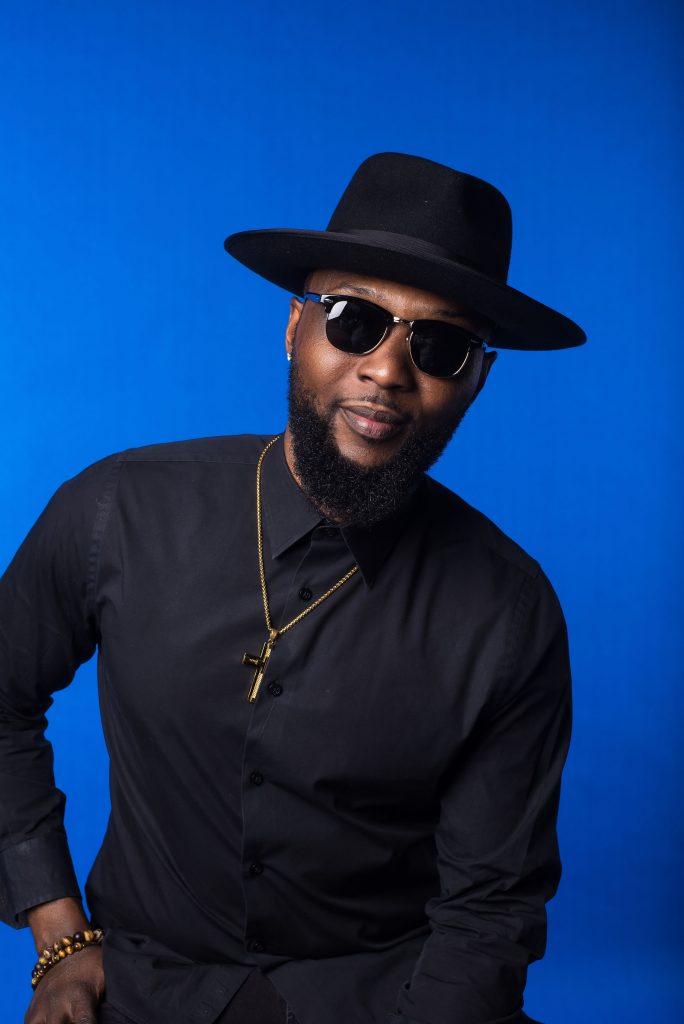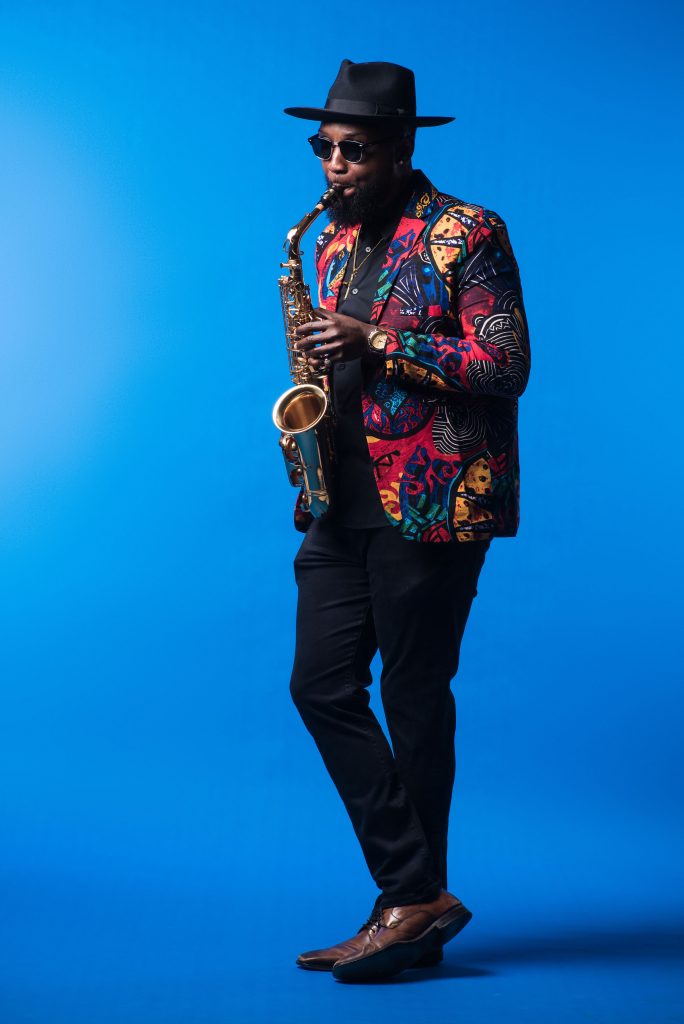
Baba Kuboye Reinvents His African Voice in New Single ‘Yawa’
Music has long served as a significant catalyst for shedding light on society’s ills. For the Black community, socially conscious music is of particular significance because even in the 21st century, societal problems such as racism and police brutality still exist. For Nigerians in the diaspora, their struggle is echoed through the voice of Baba kuboye.
Baba Kuboye is an Afrobeats producer and singer who is still using his music to speak for humanity. ‘Baba’ as he is fondly called by colleagues and fans, focuses on real-life experiences that give depth to his music as a social activist. He makes a conscious effort to make socially relevant music.

After taking a break from music in 2018, Baba Kuboye is back on the scene with his first full-length solo debut titled “Yawa”. Having stayed true to his sound by stepping up his rhymes and lyrical content, Baba reintroduces himself with this catchy, groovy, yet conscious music release.
RadrAfrica chats with Baba Kuboye on Afrobeats and African Hip-Hop, his latest release, vision for the African people, and more in this interview.
Hello Baba, briefly share your musical background with us.
Hello, I’m Baba Kuboye, Born Babatunmida Kuboye to Fran and Tunde Kuboye in Lagos, Nigeria. After completing my early education in Nigeria, I moved to the UK to pursue a master’s degree in Engineering and music production before settling in the United States. I started music when I was about six, learning and playing several instruments. My parents were Jazz musicians and my cousins Femi and Made Kuti are Afrobeat artists, so it came naturally to me.
Although I started as a rapper, I am also a multi-instrumentalist and a passionate spoken word artist. So, I gradually evolved into this saxophone-playing Afrobeats artist. I put out an album in 2005 but was in and out of the music scene until my previous project – One Day, which marked my return to the mainstream Afrobeats scene for good.
What inspires your style of music aside from being related to the legendary Fela Anikulapo Kuti?
Yeah, my family musical background impacted my growth as a young artist but, while I was in the UK studying music production, I wanted to explore and evolve as an artist. I didn’t just want to confine myself to rapping or Hip-Hop, and my experience while schooling and working abroad gave me a vivid picture of what Nigerians outside Nigeria have to go through to achieve their dreams all for being persons of color.
My quest to evolve as a musician and the need to be direct with my music played a part in fine-tuning my style of music to what it is today.
Your style of music is not new to African Hip-Hop. However, you seem keen to reiterate activism in your songs, any reason for that?
Well, as an artist, I have a moral responsibility to use my voice to influence positive change. I also have first-hand experience of what it feels like to be a black man in a foreign land, so I try to reveal that even though society has evolved over the years, we still have considerable concerns.
The easiest way I can tell my kids about our struggles and prepare them mentally to overcome these challenges is through my music because it speaks of these ills in a way that educates, and seeks to inspire the need for positive change.

Let’s touch on your background once again. You’ve lived abroad for most of your life. How has the African Hip-Hop scene been for you, especially performing music outside Nigeria?
Honestly, it hasn’t been easy or fluid as one would like. It has been a bit slow because I’m with an indie label, and from raising capital, promoting the material, and all of that has been by myself. That gives me total control, but yeah, The journey has been gradual, but with progress. It takes time to achieve great things, but that also comes to the foundation necessary to build something solid.
Making Afrobeats music from the US or Nigeria isn’t seamless in either case. The truth is good music will always travel, so what matters is your truth. If you speak your truth and it is relatable, with a defined audience, you will make your mark.
One thing I learned from my parents is that it is necessary to have control. The team I work with gives me the freedom to do that, so I’m optimistic about my music moving beyond where I perform and touching lives.
The Fela influence on African music is not news to Africans, as well as the struggle and backlash from the government. Are you concerned about being a person of interest with your style of music and family history?
The truth is if I lived in Nigeria, even as an independent artist, I would still make my music regardless of the consequences because I must do my duty. I am aware that there could be a target on your back or some form of black-listing, but I understand that it’s not just about me. It has never been about me or any individual, never been about Fela or Mandela. Freedom is a collective effort and for the greater good, we all have to speak up.
I have kids and it is my responsibility to make sure I do the right thing to make life better for them. Even the government would admit that the world is better with less corruption and oppression of the people, and it’s a possibility, so we have to keep fighting towards that common peace and unity.
In your latest release “Yawa” you were specific with the happenings to Africans, have you had any personal experience while doing music abroad?
I have had a lot of experiences, to be honest. I grew up in Nigeria, there were always foreigners in the country, but they are regarded as human beings and dealt with in a hospitable manner. As I grew older and moved to England and America, my first instinct was to look for my people. There wasn’t that critical mass and it’s not because we are lazy or lack the intellect to be in better-placed positions, so I realized it was systematic.
The basic perception of Nigerians abroad is that they are living without stress. But in reality, Nigerians and Africans are still facing challenges of discrimination and police brutality. That is why I decided to use my platform and music to shed light on these things, that “we wey dey here” Us blacks in America, in the diaspora we should at least speak out.
I had to incorporate it in my music because music now has gotten bigger than myself or Fela. It sends a message one way or another, and you have to be concise, direct, and straight to the point with it. It has taken the effort of black people and non-colored people to move things to where they currently are. That is what I tried to do with “Yawa”, to paint the picture of our reality as Africans as vivid as possible but in a way that doesn’t incite violence but can affect a movement for change.
Your previous project “One Day” had some expressive tone to it. Was the feature with Femi intentional, and are there any projects or releases we should look forward to now you have returned to making music?
Yeah, so my mother had a song she recorded in 1993 for her Album and after she passed, it was tough for me because I usually performed with her. I extracted her vocals to remake a brand new song called (One day) which was a song about a better Nigeria, a better country for women. It is the only song with 3 Kuti’s from different generations, so it had depth.
My break from music after the project in 2018 was necessary, but with the (Yawa) release, I’ll be putting out more music with better consistency. We have songs recorded and a body of work, but no specific dates for the releases. I like to work on new material, rather than go away after this release, we will not wait too long before the next release.
As a musician with an in-depth knowledge of African history, what ways do you think African creatives can speak up about the ills in the black community?
We are still dealing with issues Fela, Mandela, and others fought to abolish in their time. Now, decades after their passing, these concerns are still here. I don’t live in Nigeria now, but every time I come around, I am excited about how the youths and more people are open-minded and realize that Nigeria can be better if we all work collectively.
One truth is that it is a collective effort that begins in our immediate community. With the way we think, act, and care for ourselves. We need to effect change from ourselves, neighbors, voices, and everywhere we find ourselves. For instance, I take it upon myself to always invest back here, in the next person that needs to know the truth.
I take my culture everywhere I go because it is my heritage. It will take time, but if we collectively use our voices and the positions we find ourselves in to talk about them, we will gradually effect change. Whenever we relate to a particular message or situation, let us share it with the next man because the more we propagate the message, the more connections we make to achieve a common goal.
Baba Kuboye‘s passion for his culture and heritage is evident as we wind up our conversation. He is also committed to making his music an echo against injustice and civil rights violations.
Listen to Yawa here.